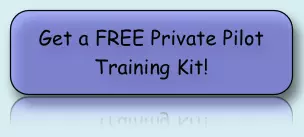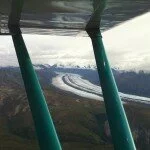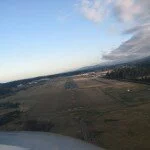While some may disagree with me, I have to give a resounding “YES”. Unfortunately, there are many times when I hear pilots touting their “thousands of hours” to less experienced pilots or the public. Even the media tends to inadvertently imply that thousands of flight hours is equivalent to superior skills and experience.
Take some of the latest aviation stories in the news, one of which had 3 fatalities and happened on a clear day in a perfectly good airplane. News reports state that the captain had over 12,000 hrs of flight time and the first officer over 9,000 hours of flight experience – and that is the extent to which a pilot’s ability and skills are determined.
To an outsider, it must seem that surely, someone with that many THOUSANDS of hours of experience couldn’t possibly make rookie mistakes. But, consider the type of flying most airline pilots do: The takeoff, initial climb, approach, and landing phases of flight are considered the most risky.
This is also, not coincidently, where most accidents occur – 80%, in fact. Yet these phases of flight make up only a small percentage of the entire flight. The rest of the time, the pilots are simply making sure the autopilot does its job (or they should be).
Sure, they go through simulator training at least every six months, in which they practice emergency procedures, but it has been my experience, that much of these recurrent courses have become very standard, with the pilots and instructors knowing exactly what’s going to happen, at what airport, which approach they are going to shoot and how. There is very little surprise in these courses, a luxury that is simply not available in the real world.
One can only hope that these pilots who are gaining thousands upon thousands of hours flying A to B in reliable, state of the art aircraft, obtained their first thousand or two thousand hours building up their skills and experience by flying in less predictable conditions.
Most pilots in the United States build up flight time slowly, by flight instructing, flying for small cargo operations, and by renting or taking airplanes on their own adventures cross country. This is typically done in small, general aviation aircraft that, many times, have no autopilot or the latest gadgets – airplanes that break down much more often than airliners.
It is this type of flying that sharpens your skills and abilities as a pilot and is the foundation for your future ability to deal with unforeseen circumstances during the rest of your career.
If you’re in that phase of building flight time before you can apply to your dream job, such as airline pilot, make sure you step outside your comfort zone a little. Seek out opportunities that will stretch your boundaries – go to places you’ve never been to, fly aircraft you’ve never flown before, take on primary students as well as advanced students if you’re a CFI, participate in an air race, etc.
Don’t let you skills get stagnant and while I know you want to put as many hours in your logbook as possible, make sure they are quality hours in which you are learning and gaining valuable experience.


